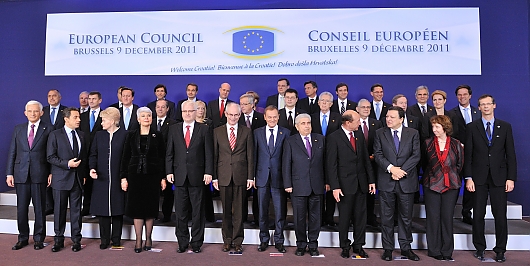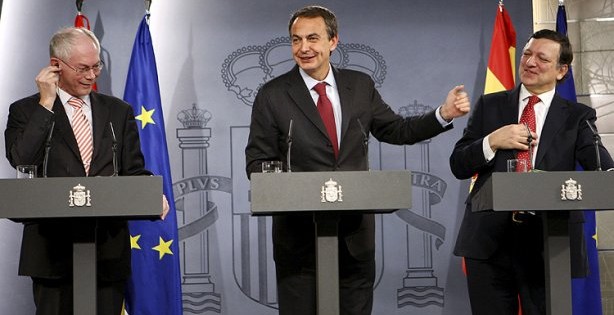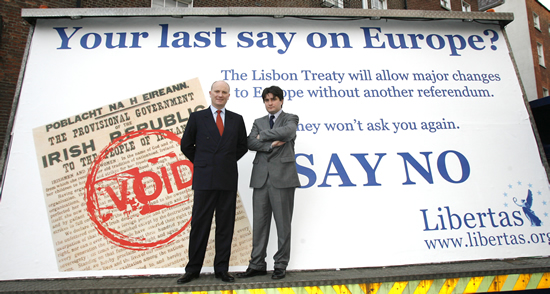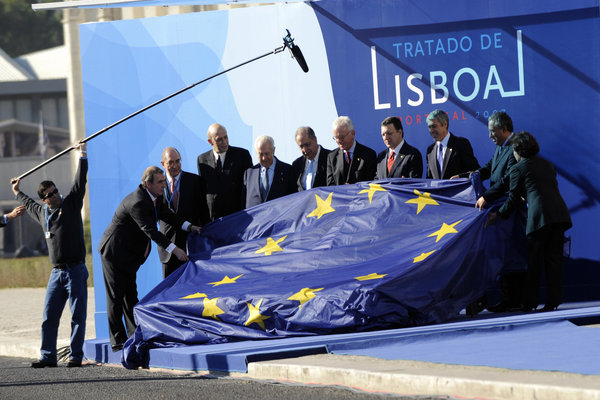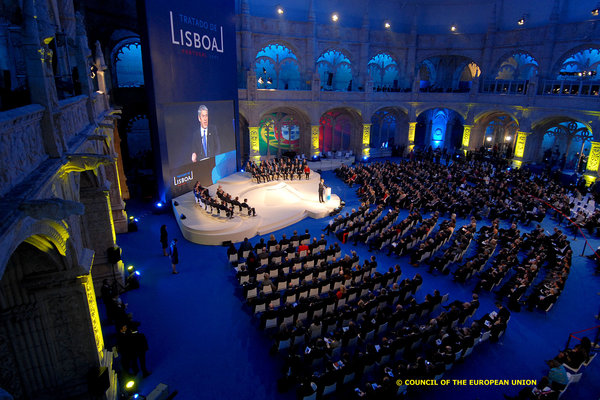Home » Europe » European Integration
European Integration
An obscure ruling by Germany’s Constitutional Court, which seeks to reassert national sovereignty over bond purchases by the European Central Bank, has called into question the legitimacy of the EU’s supranational legal and political order.
Euro-skeptics face a daunting set of long-term challenges to stop the seemingly relentless march toward European federalism. In the near term, however, the impact of their electoral victories will be felt the most at the local and national levels.
An ever-expanding list of controversial rulings issued by the European Court of Human Rights (ECHR) are fueling accusations that unelected judges at the pan-European court are usurping the judicial sovereignty of individual European nation states.
Critics say the seemingly endless number of bans, prohibitions, restrictions, regulations and edicts being enacted by unelected bureaucrats in Brussels—many of which are being justified by eco-related concerns—smacks of paternalism. They claim it is over-regulation, and an unacceptable intrusion into the private lives of 500 million EU citizens, who should be allowed to make their […]
The leaders of the 27-member European Union met in Brussels on December 8 and 9 under pressure to deliver a decisive solution to Europe’s two-year-old sovereign debt crisis.
Spain holds the six-month rotating presidency of the 27-member European Union from January through June 2010. The following analysis explains the domestic political and economic context facing the Zapatero government during Spain’s EU presidency. It then examines in greater detail several of the Zapatero government’s stated priorities for Spain’s EU presidency, and then closes with […]
Spain’s six-month rotating presidency of the European Union, which began on Jan. 1, 2010, is off to a bumpy start. With the Lisbon Treaty now in effect, the traditional role of the EU rotating presidency has been downgraded.
Irish voters have overwhelmingly approved the European Union’s controversial Lisbon Treaty, a document that will forever change the dynamics of European (and potentially global) politics. The “yes” vote comes less than 18 months after Irish voters gave the “wrong” answer by rejecting the treaty in a first referendum.
Los votantes irlandeses dicen ‘No’ a las ambiciones de las elites políticas europeas, que desean que todos los 27 Estados Miembros de la Unión Europea ratifiquen el Tratado de Lisboa.
Irish voters said “No” to the superpower ambitions of European political elites, who want all 27 member-states of the European Union to ratify the Lisbon Treaty, which would turn the EU into a bureaucratic superstate.





